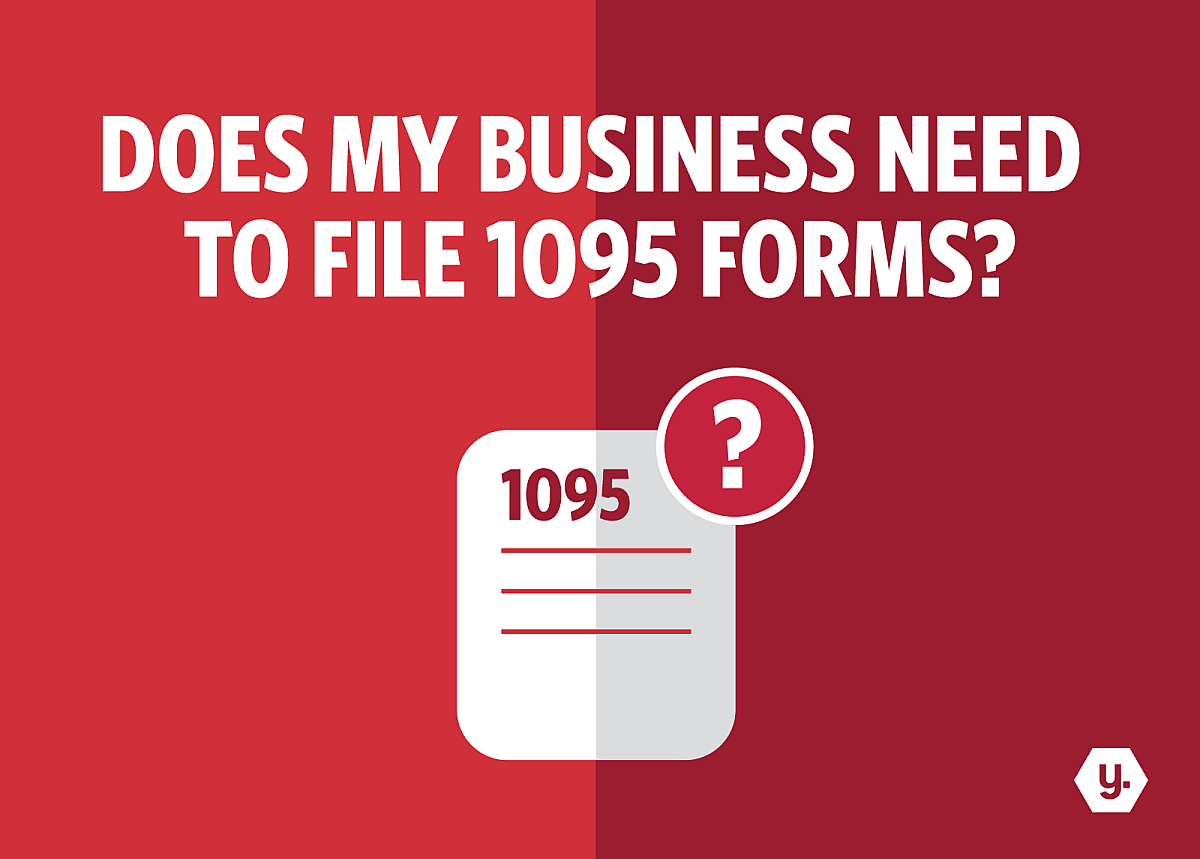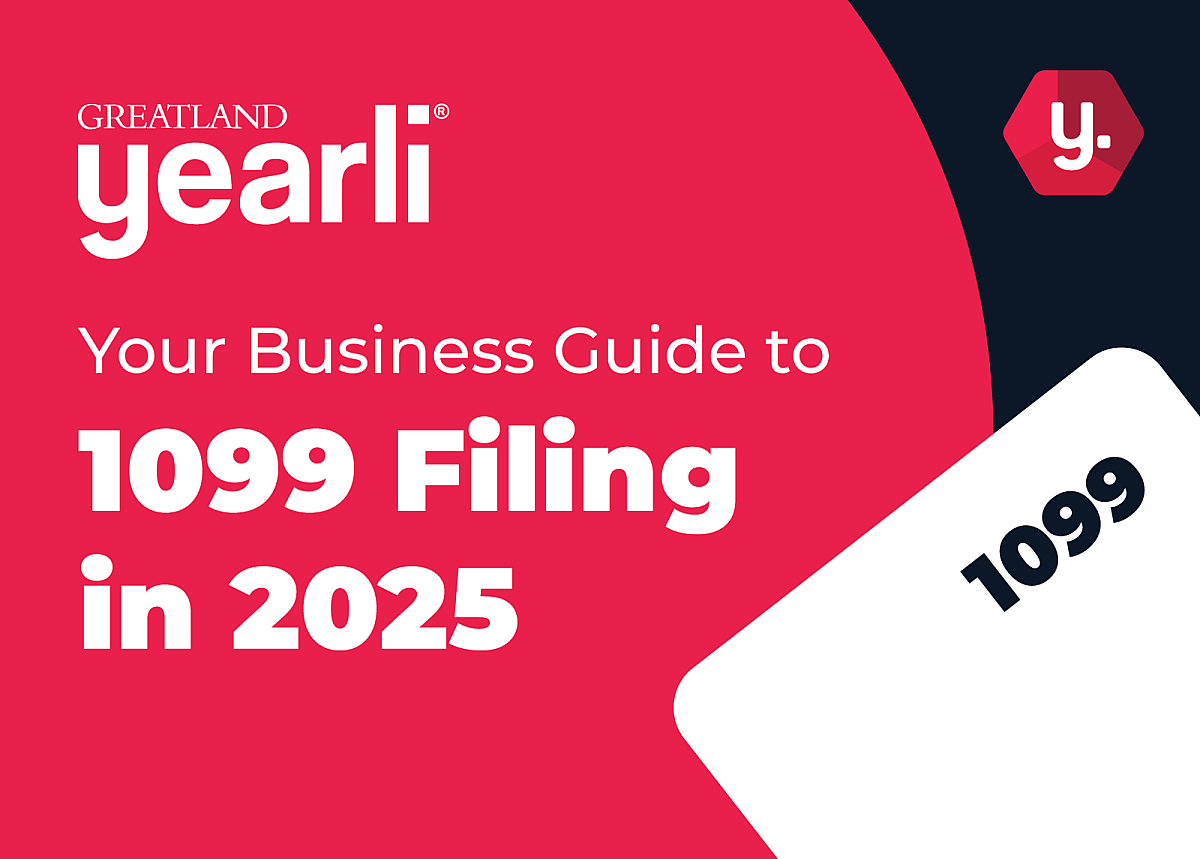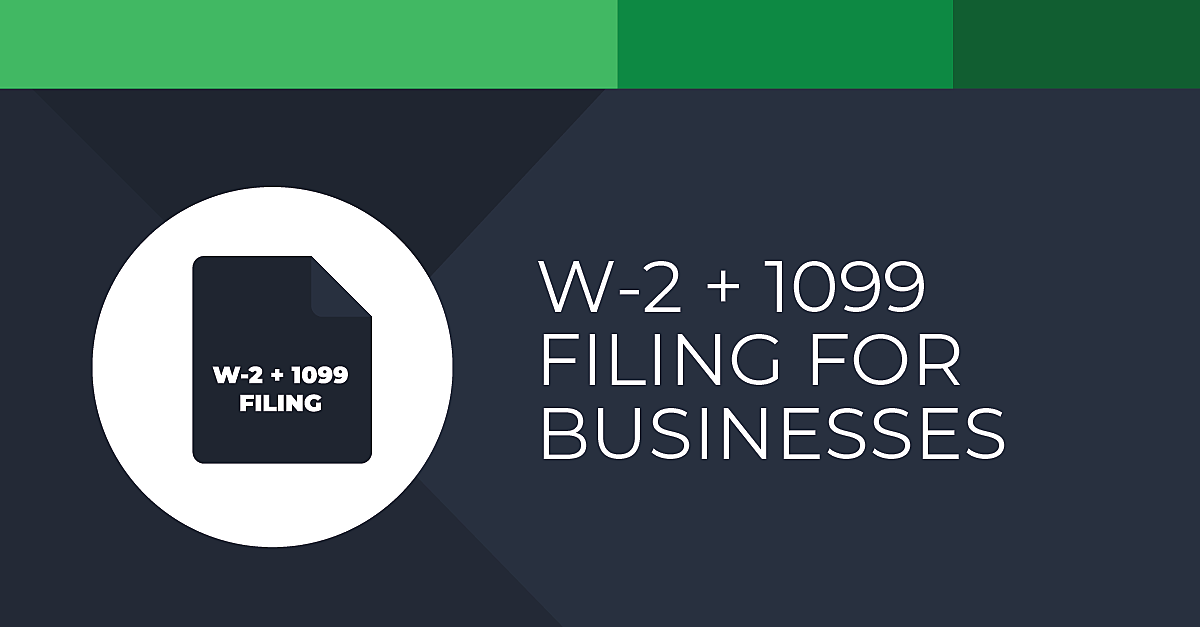
Understanding Form 1099-DA: A Comprehensive Guide to Filing for Digital Asset Transactions
Understanding Form 1099-DA: A Comprehensive Guide to Filing for Digital Asset Transactions
As the use of digital assets like cryptocurrencies and non-fungible tokens (NFTs) continues to grow, so does the need for clear tax reporting guidelines. To address this, the IRS has introduced Form 1099-DA (Digital Asset Proceeds From Broker Transactions), which will be required starting in 2025. This form is designed to improve the accuracy and compliance of tax reporting for digital asset transactions.
In this article, we will explore who needs to file Form 1099-DA, the types of transactions that must be reported, and the steps involved in filing this form.
Who Needs to File Form 1099-DA?
Form 1099-DA is required for a variety of entities and individuals involved in digital asset transactions. Here are the primary filers:
- Brokers: This includes digital asset trading platforms, payment processors, and hosted wallet providers. These entities must report transactions involving the sale, exchange, or transfer of digital assets on behalf of their customers.
- Real Estate Reporting Entities: Title companies, closing attorneys, mortgage lenders, and real estate brokers must report digital assets used as payment in property transactions.
- Businesses and Individuals: Any business or individual making payments in digital assets must file Form 1099-DA. This includes payments for goods and services, as well as other types of transactions.
Types of Transactions to Report
Form 1099-DA covers a wide range of digital asset transactions. Here are some of the key types of transactions that must be reported:
- Sales and Exchanges: Any sale or exchange of digital assets must be reported. This includes transactions where digital assets are exchanged for other digital assets, fiat currency, or goods and services.
- Payments: Payments made in digital assets for goods and services must be reported.
- Transfers: Transfers of digital assets between accounts or wallets must be reported if they involve a change in ownership. This includes transfers between different types of wallets, such as from a hosted wallet to a self-custody wallet.
- Real Estate Transactions: Any use of digital assets as payment in real estate transactions must be reported.
Steps to File Form 1099-DA
Filing Form 1099-DA involves several steps. Here is a step-by-step guide to help you through the process:
- Gather Information: Collect all necessary information about the transactions you need to report. This includes the date of the transaction, the type of digital asset involved, the amount of the transaction, and the parties involved.
- Determine the Fair Market Value: Determine the fair market value of the digital assets at the time of the transaction. This is important for accurately reporting the value of the transaction. (note cost basis reporting will not be required until tax year 2026)
- Complete Form 1099-DA: Fill out Form 1099-DA with the required information. This includes the payer’s information, the recipient’s information, and details about the transaction.
- Submit the Form: Submit Form 1099-DA to the IRS by the required deadline. You can file the form electronically or by mail. Be sure to keep a copy of the form for your records.
- Provide a Copy to the Recipient: Provide a copy of Form 1099-DA to the recipient of the digital assets. This ensures that both parties have a record of the transaction for tax purposes.
Important Considerations
When filing Form 1099-DA, there are several important considerations to keep in mind:
- Accuracy: Ensure that all information on the form is accurate. Inaccurate information can lead to penalties and additional scrutiny from the IRS.
- Record Keeping: Keep detailed records of all digital asset transactions. This includes transaction dates, amounts, and the fair market value of the digital assets at the time of the transaction.
- Consult a Tax Professional: If you are unsure about any aspect of filing Form 1099-DA, consult a tax professional. They can provide guidance and ensure that you are in compliance with IRS regulations.
- Stay Informed: The regulations surrounding digital assets and tax reporting are constantly evolving. Stay informed about any changes to ensure that you are compliant with the latest requirements.
Form 1099-DA is an important tool for ensuring accurate tax reporting of digital asset transactions. By understanding who needs to file this form, the types of transactions that must be reported, and the steps involved in filing, you can ensure that you are compliant with IRS regulations. As the use of digital assets continues to grow, staying informed and proactive about tax reporting will be essential for individuals and businesses alike.
Latest News
-
 November 25, 2025
November 25, 2025New Alternative Furnishing Method for Forms 1095-B and 1095-C Comes with Complexities
The IRS has updated the Affordable Care Act (ACA) reporting process for Forms 1095-B and 1095-C. These changes aim to reduce administrative costs and simplify reporting, but they also create new compliance challenges for employers and health insurance providers.Read More -
 October 8, 2025
October 8, 2025Your Business Guide to 1099 Filing in 2025: Deadlines and Compliance Tips with Yearli
Businesses must prepare for 2025 IRS 1099 filing by understanding key deadlines for Forms 1099-NEC and 1099-MISC and leveraging e-filing tools like Yearli to stay compliant. This guide outlines important dates, recent IRS updates, and practical tips to avoid penalties and streamline the filing process.Read More -
 November 12, 2024
November 12, 2024State of the Filing Season: What Businesses Need to Know
From filing deadlines, to increased reporting requirements, to new e-filing thresholds, keeping pace with the changes and understanding the potential tax implications is no small feat.Read More